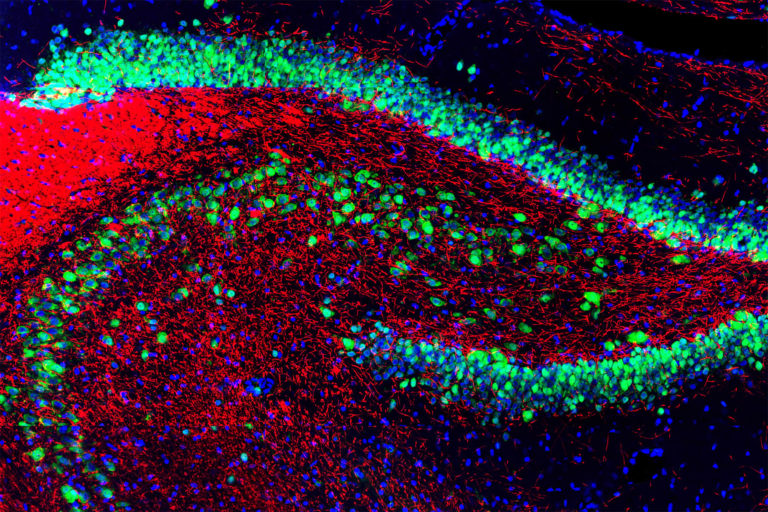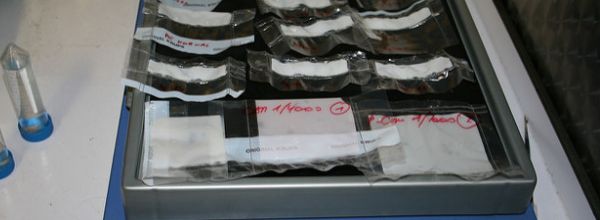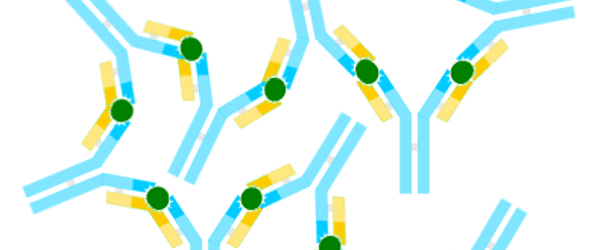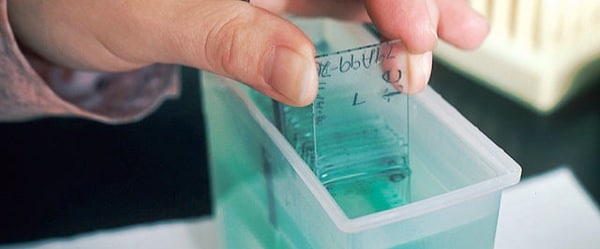A Primer on Phage Display Libraries
Phage display – the process of genetically fusing antibody fragments with phage to identify binding partners to your protein of interest – was covered pretty thoroughly here over the past few months. The success of this assay predicates on creating a diverse library of up to 1012 genes coding for these antibody fragments. Despite being…





